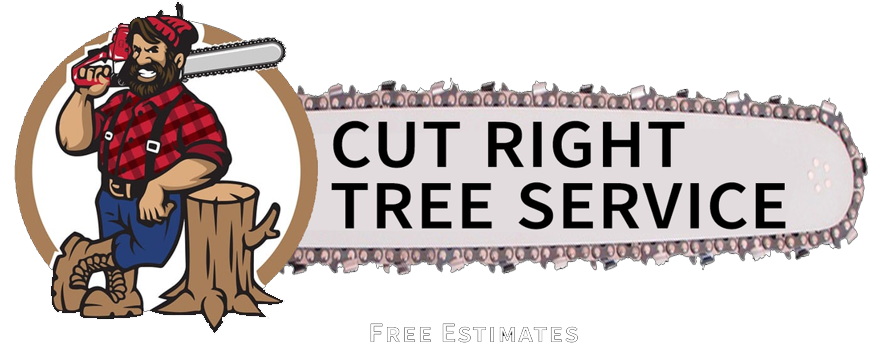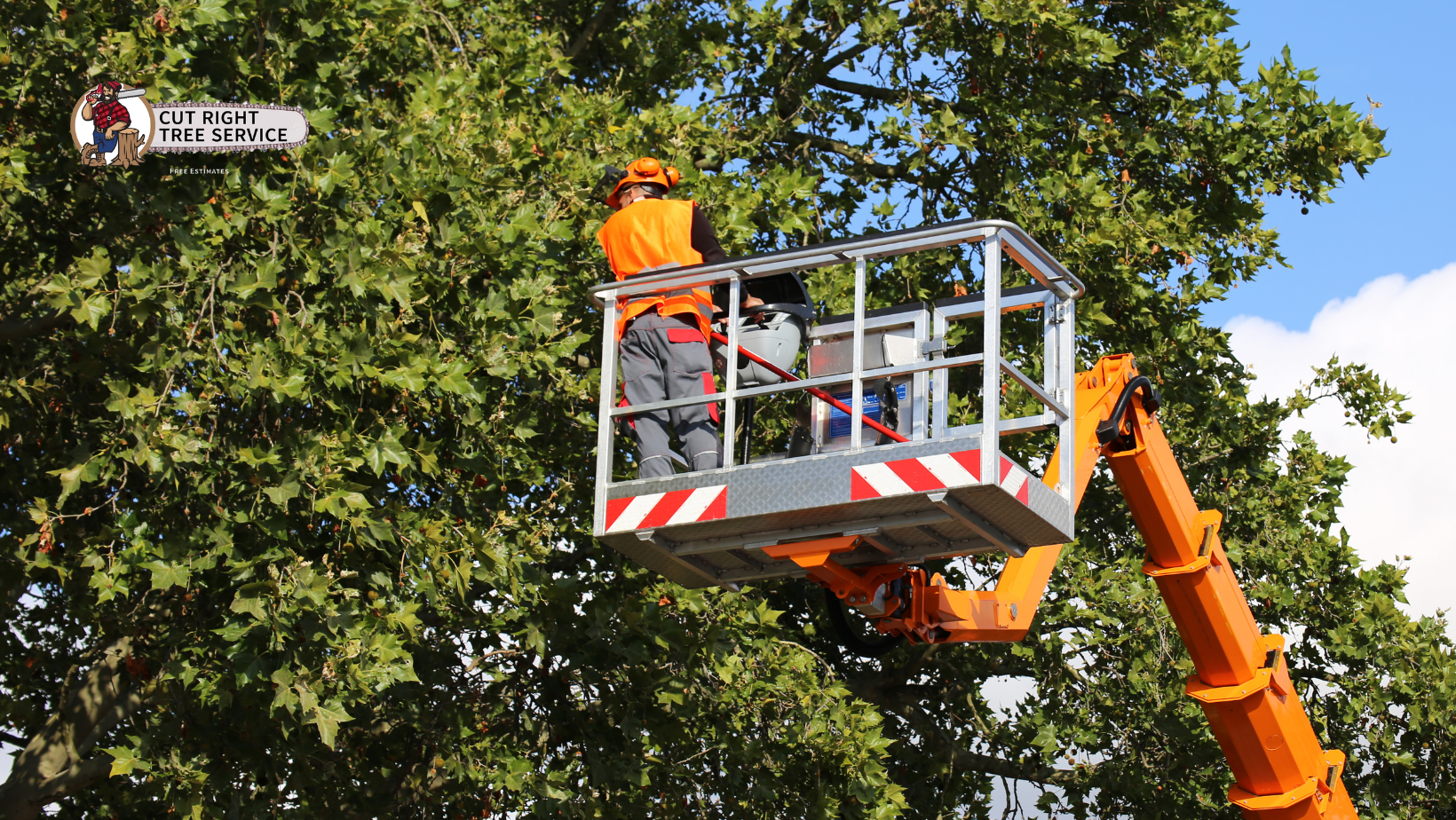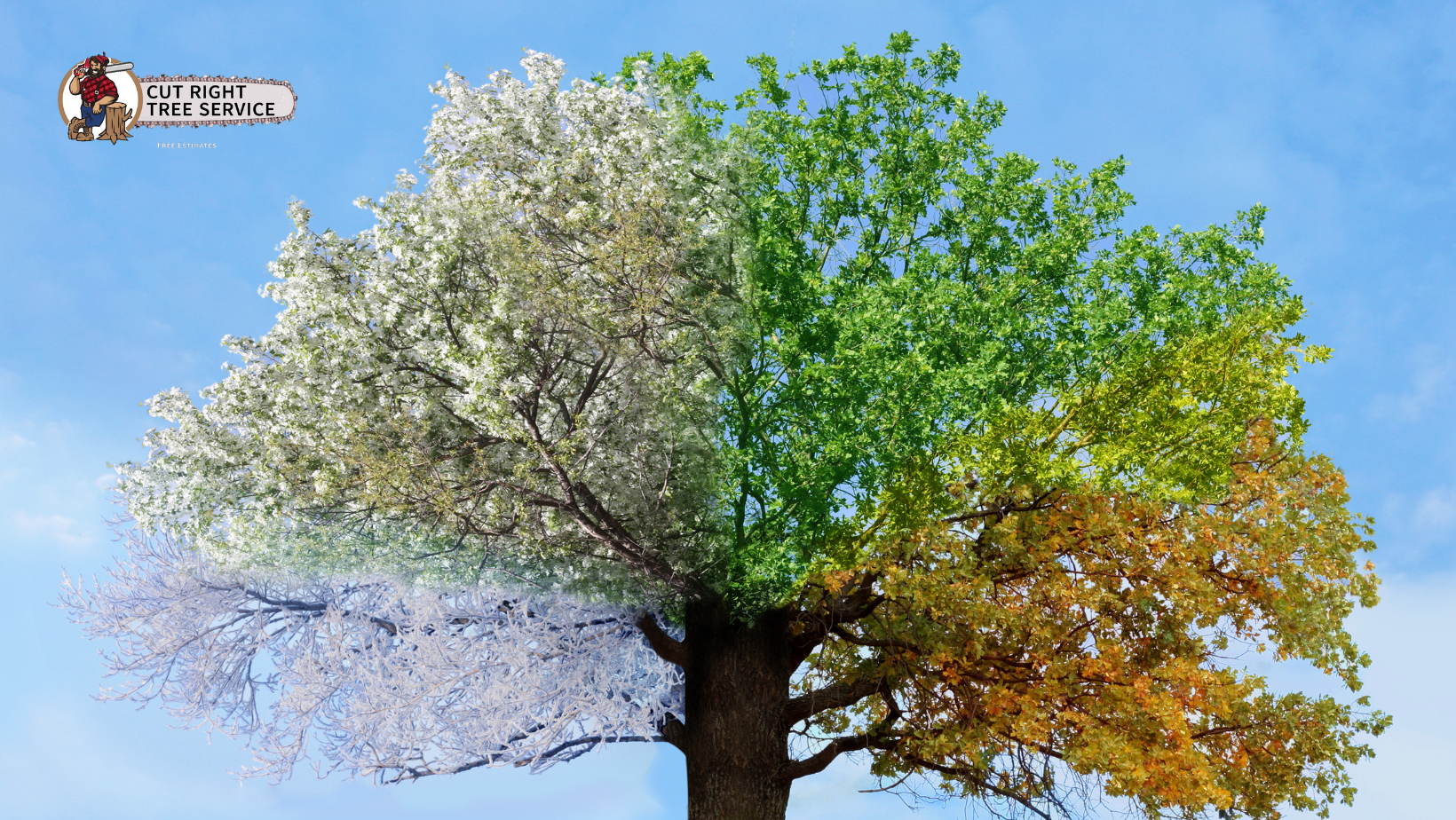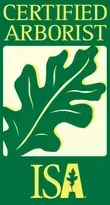Discover the Health of Your Trees with Professional Tree Assessments
Expert Tree Evaluation to Ensure the Health and Safety of Your Trees
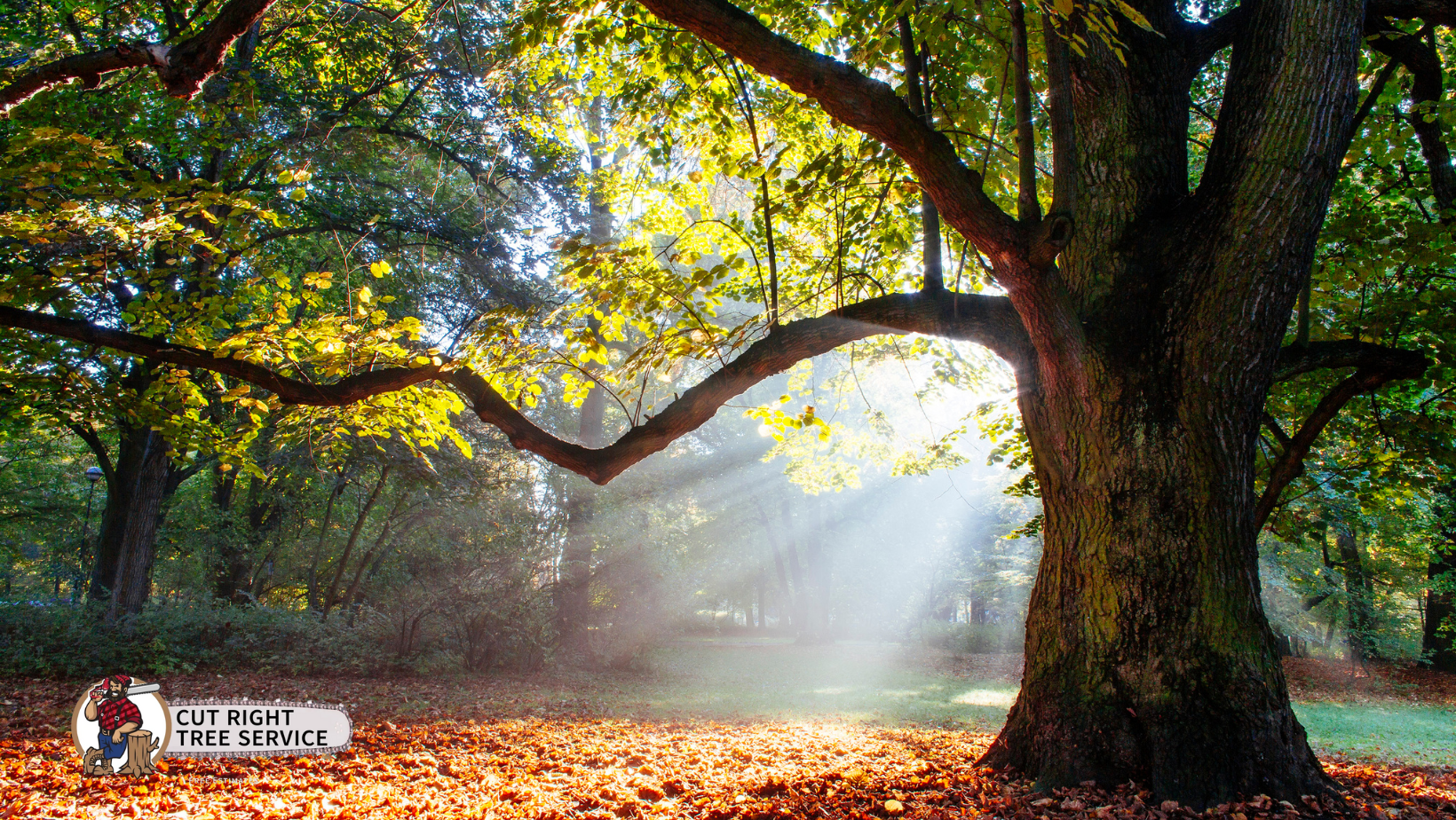
Trees are a vital part of your landscape, providing shade, beauty, and environmental benefits. However, without regular tree assessments, underlying health issues can go unnoticed, leading to potential hazards. Professional tree evaluations help identify problems early, ensuring the longevity and safety of your trees.
Why Tree Assessments Are Essential
A professional tree assessment provides crucial insights into a tree’s condition, helping homeowners and property managers make informed decisions about care and maintenance. Here’s why regular tree evaluations matter:
- Early Detection of Diseases and Pests: Many tree diseases and pest infestations start subtly but can spread quickly if left untreated.
- Structural Stability Checks: Weak branches, poor root systems, and internal decay can pose serious risks during storms or high winds.
- Health and Growth Optimization: Identifying nutrient deficiencies or soil issues ensures your trees receive the care they need to thrive.
- Safety and Risk Management: Overgrown or damaged trees can threaten nearby structures, vehicles, and people.
Signs Your Trees Need an Assessment
Not sure if your trees need a professional evaluation? Watch for these warning signs:
- Cracks or Splits in the Trunk – Structural weaknesses can lead to breakage or tree failure.
- Discolored or Wilting Leaves – Could indicate disease, pest infestations, or nutrient deficiencies.
- Fungal Growth at the Base – Mushrooms or decay at the trunk's base often signal internal rot.
- Leaning or Unstable Trees – Sudden changes in posture can indicate root damage or instability.
- Dead or Hanging Branches – Weak limbs can fall unexpectedly, posing a risk to property and people.
What to Expect During a Professional Tree Assessment
When you schedule a professional tree evaluation, here’s what the process typically involves:
1. Visual Inspection
A certified arborist examines the tree’s overall structure, looking for visible signs of damage, disease, or pest activity.
2. Root and Soil Analysis
The health of a tree starts underground. Arborists assess soil conditions, root health, and any signs of soil compaction or drainage issues.
3. Decay and Weakness Testing
Advanced tools, such as resistograph drills or sonic tomography, may be used to detect hidden decay inside the trunk or branches.
4. Risk Assessment and Recommendations
After the evaluation, you'll receive a detailed report outlining any concerns, potential risks, and recommended treatments such as tree pruning, cabling, fertilization, or tree removal if necessary.
Seasonal Tree Assessments for Optimal Health
Since Southeastern Tennessee experiences diverse weather conditions, scheduling tree assessments based on the season can help maintain tree health year-round.
- Spring: Identify new growth issues and prepare for storm season.
- Summer: Monitor for heat stress, pests, and diseases.
- Fall: Assess structural stability before winter storms arrive.
- Winter: Plan for pruning while trees are dormant and less susceptible to stress.
Keep Your Trees Safe and Thriving
Regular tree assessments are key to preventing costly damage and ensuring your landscape remains healthy and beautiful. If you’re concerned about the health of your trees, don’t wait for problems to escalate. With 30 years of experience, we provide expert tree trimming, tree assessment, and tree removal services in Chattanooga and the surrounding areas, ensuring safe and efficient work.
Call Cut Right Tree Service today at (423) 260-1238 to schedule a free professional tree assessment quote and keep your trees in top condition!

